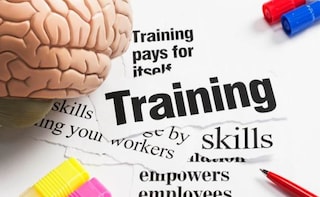The brain is a vital organ in the body, being responsible for carrying out various functions. There is a common term called "being brainy" which refers to a person's intelligent quotient. In the competitive world that we live in, who doesn't wish to be brainy or intelligent? Therefore, in an attempt to build our skills, we often resort to brain games or tricks to build our cognitive skills. However, according to a new study done by Florida State University in the US, it found no evidence to prove that brain games increases one's overall cognitive abilities, thus raising speculations if these games are helpful at all."An increasing number of people believe brain training helps protect them against memory loss or cognitive disorders, said Neil Charness, Professor of Psychology in the University. "Our findings and previous studies confirm there's very little evidence that these types of games can improve your life in a meaningful way," said Associate Professor Wally Boot.
Advertisement
For the latest food news, health tips and recipes, like us on Facebook or follow us on Twitter and YouTube.
Advertisement
